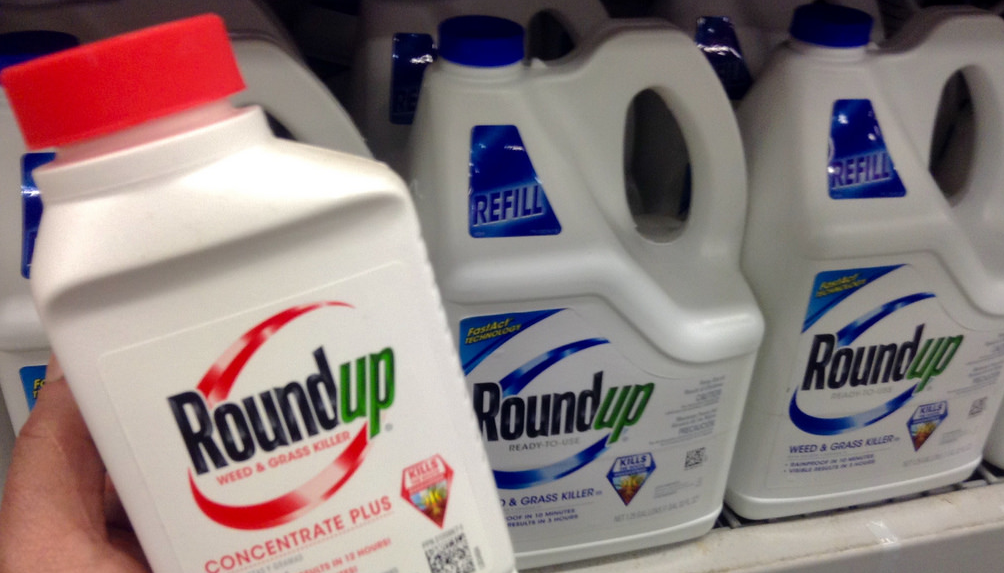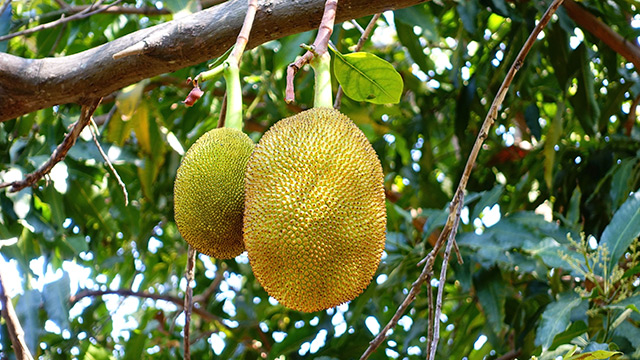Sugar is dumbing down young children, new study warns; pregnant women told to watch their diet
05/22/2018 / By Zoey Sky

Consumption of excess sugar has been linked to various health concerns like cancer, diabetes, and obesity, and now another study has revealed that sugar consumption can affect childhood cognition.
The study, which was published in the American Journal of Preventive Medicine, examined the side effects of consuming larger quantities of sugary drinks and foods, focusing on the cognitive development of children whose mothers had too much sugary diets during pregnancy.
The research team posited that pregnant women and new mothers who regularly consumed sugary diets could be jeopardizing their children’s proper development. The study also revealed that there is a possibility that the consumption of excess sugar could be the culprit behind poor childhood cognition.
According to the study, the children whose mothers consumed sugary diets during pregnancy were born with impaired cognitive abilities and speech functions, compared with their peers. Even drinking diet soda instead of regular soda had negative effects on the development of children.
The researchers observed that based on the effects of the consumption of sugary drinks, the “diet” versions of drinks and food products are actually worse for our health than those which contain real sugar. This only confirms the dangers of various sugar substitutes.
For example, the artificial sweetener Splenda can damage gut microbiota and suppress thyroid function.
On the other hand, the study confirmed that consuming fruits and other foods that contain natural fructose helped improve childhood cognition. For instance, children who regularly consumed fresh fruits had better cognitive scores.
The researchers explained that while processed foods is bad for both children and adults alike, a diet full of healthy and natural foods is good for the body and mind. (Related: Sugar: What is Safe for Our Children?)
Dr. Rhonda Patrick clarified the implication of the findings for pregnant women and new parents by saying that, “Maternal sugar consumption, particularly from sugar-sweetened beverages, was associated with poorer childhood cognition including non-verbal abilities to solve novel problems, poorer verbal memory, poorer fine motor, and poorer visual-spatial/visual-motor abilities in childhood.”
Dr. Patrick concluded that “the data was adjusted for a variety of other health and socioeconomic factors which does strengthen the data.”
Expectant mothers are encouraged to stay away from sugar and artificial sweeteners to ensure that their children can properly develop their cognitive abilities and speech functions.
Proof that sugar is bad for your health
Here are other reasons why you should avoid sugary drinks and food products:
- Added sugar doesn’t have nutritional value and it’s bad for your teeth – Sugar is full of calories and it doesn’t have essential nutrients. Sugary food products can also cause tooth decay because it only feeds harmful bacteria in the mouth.
- Sugar can cause cancer – Various studies have determined that sugar, which has harmful effects on metabolism, is linked to cancer.
- Sugar is an addictive substance – Since eating food rich in sugar causes a large release of dopamine in the brain, it can induce addiction in a lot of individuals.
- Sugar can cause obesity – Studies show that sugar affects the hormones and the brain, and this means it can significantly increase the chance that an individual becomes overweight or obese.
Read more articles about the negative side effects of sugar and artificial sweeteners at Sweeteners.news.
Sources include:
Tagged Under: added sugar, artificial sweeteners, aspartame, brain function, childhood obesity, children's health, cognition, cognitive development, cognitive function, ingredients, lifestyle habits, nutrition, obesity, pregnancy, refined sugar, soda, sugar, sugar addiction, sugar consumption, sugary diets, sugary products, sweeteners, toxic ingredients, women's health




















